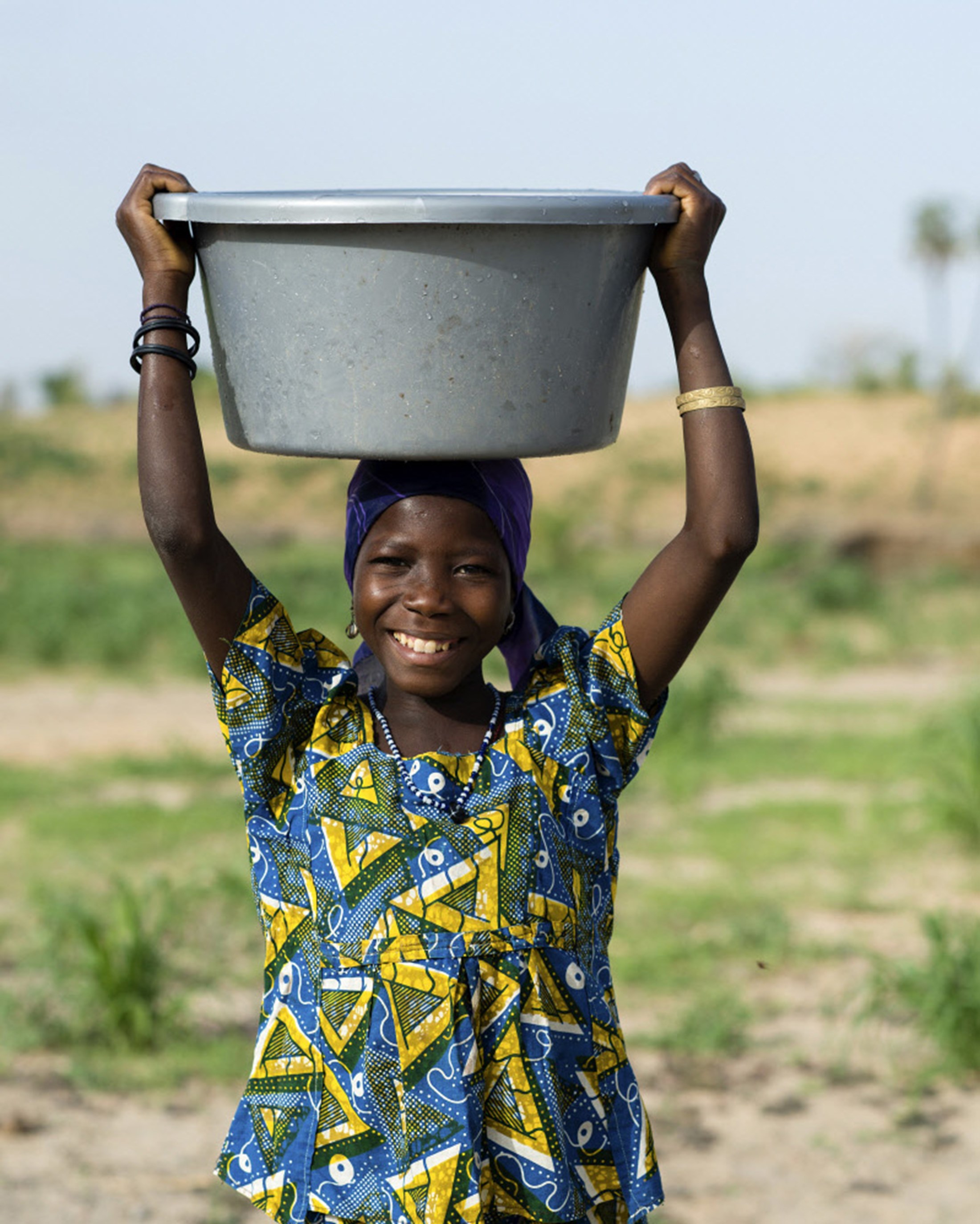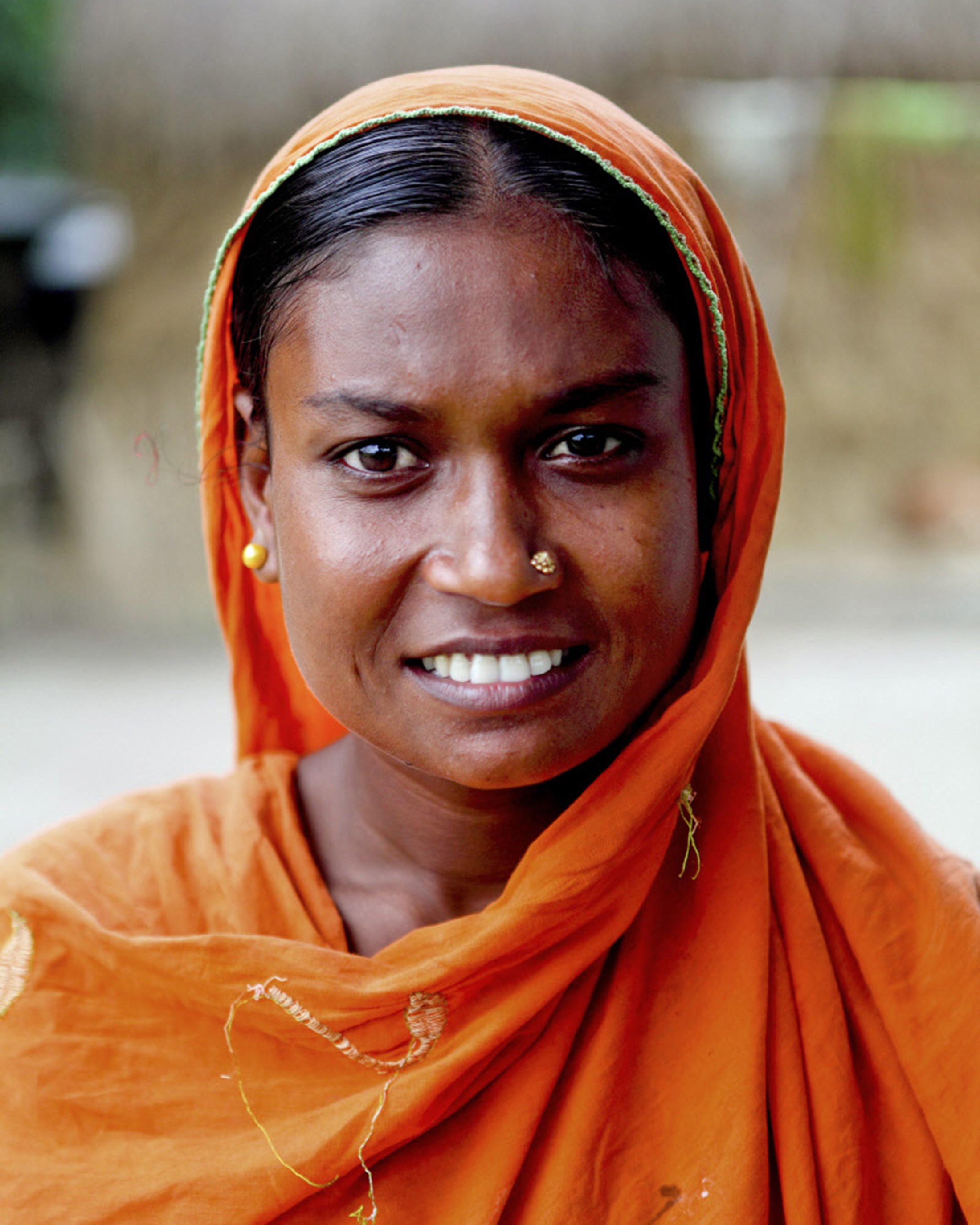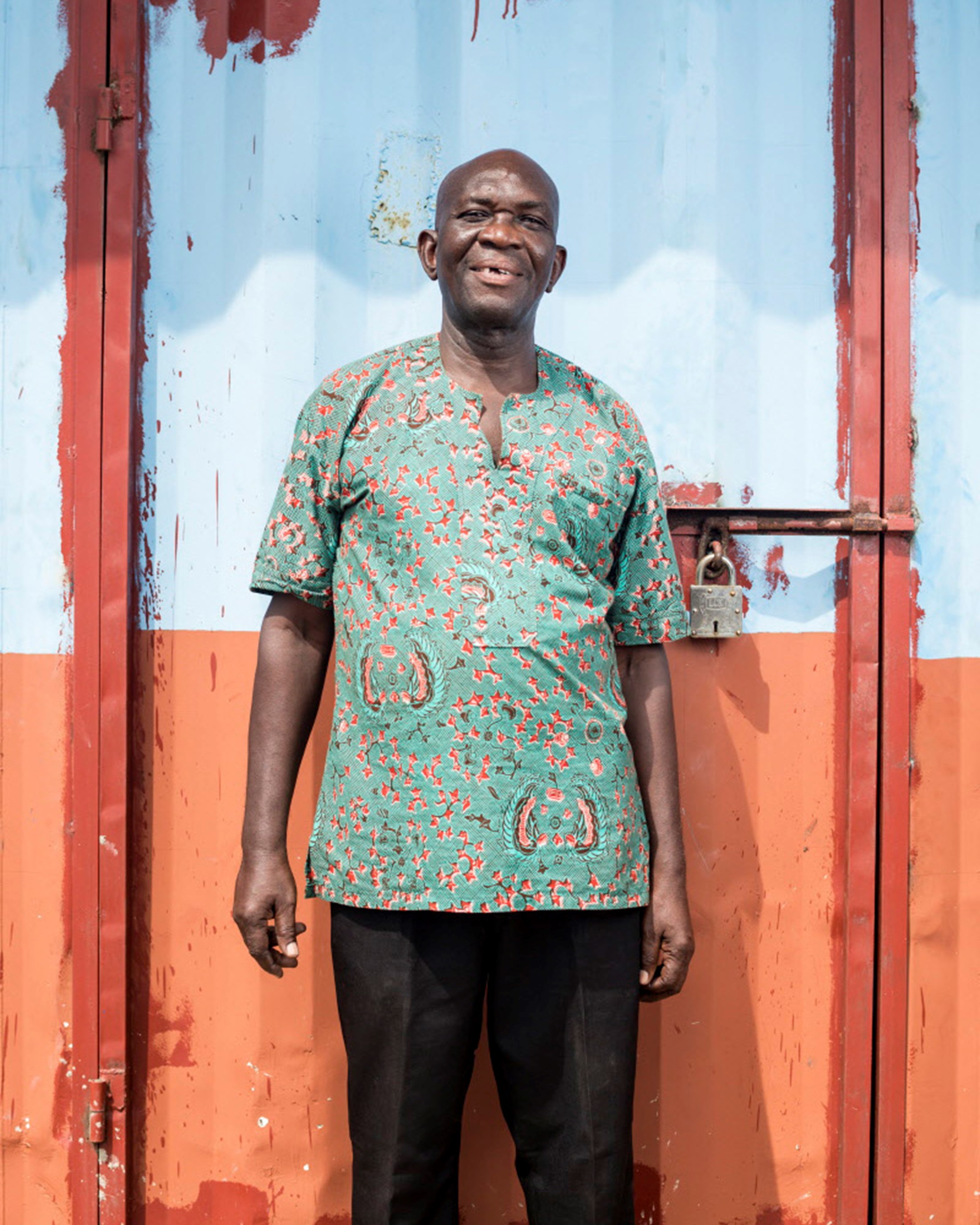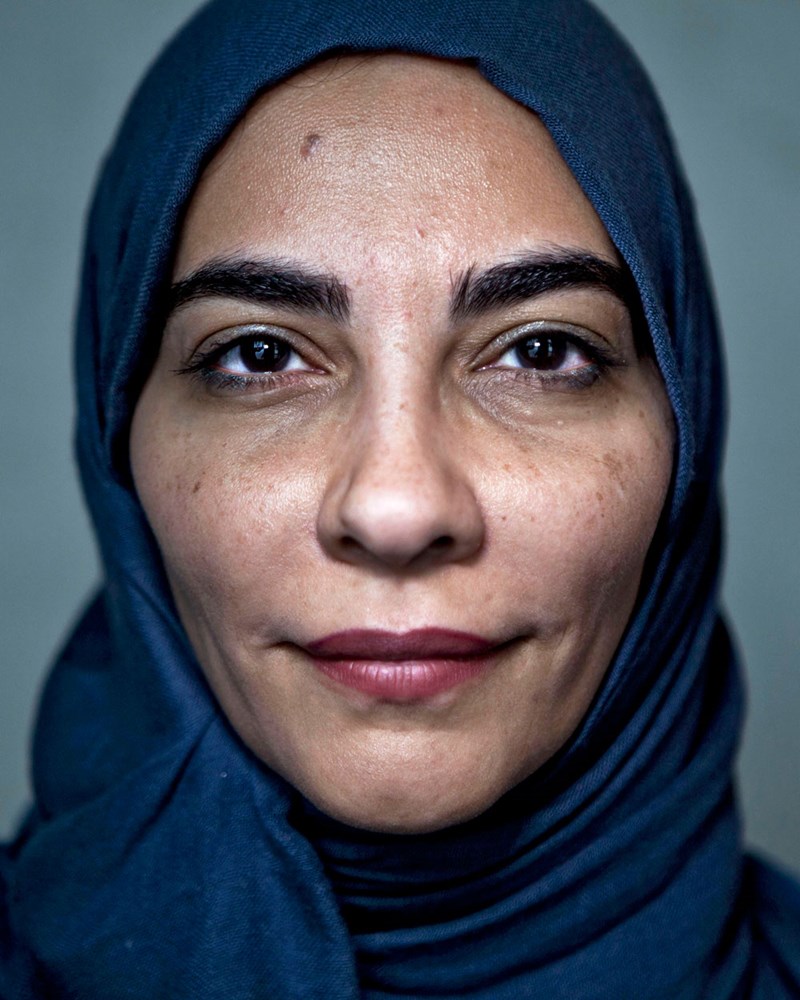How has that agenda shaped J-PAL’s model?
AF: It’s reflected in a few features that differentiate us from other organisations. The first, which underpins everything, is the use of randomised evaluations to test the effectiveness of programmes or policies. The second is our global network of affiliated professors, which comprises some of the world’s top development economists and political scientists, from more than 50 universities.
The network today spans more than 200 professors, all with their own geographic interests and topical interests – but what unites them is their use of randomised evaluation as a tool to understand impact. So while the lab started at MIT, by definition its work is globally informed by the insights of this network. That’s key, because to understand what policy issues really matter in a region – and what kind of solutions make sense – you need a strong local grounding.
It’s also why J-PAL launched a network of regional offices, based at host universities. These offices are responsible for helping to facilitate research in their region, and for making connections between policymakers and researchers in our network to identify new questions we should be asking and answering together. Today, we have more than 400 people worldwide across our regional and head offices, and that’s given a huge push to both the research and the range of partners we work with.
Who do you typically partner with in your work?
AF: We do a lot of work with governments: in about half of studies, the implementing partner is a government agency. In other cases, we work with NGOs, nonprofits or local foundations. Broadly, these are people who have the mandate and capacity to design and deliver anti-poverty programmes, and are rooted in the problem they’re trying to address. They’re also often the generators of really interesting and innovative ideas around what the potential solutions could be.
How do you ensure research is translated into policy?
AF: Top-quality academic research is terrific, but its usefulness is limited if it stays in the academic sphere. We really focus on ensuring new research tackles the gaps and questions policymakers care about, and then, when it’s complete, that insights are fed back into the decision-making process. Our regional offices work to build those deep, local partnerships and create a path to uptake of evidence.
Our training efforts also contribute to this goal. We spend a lot of time working with policymakers and donors, building their capacity to generate and use evidence in their work. It’s also important to us to work with researchers based in the region. This all contributes to an ecosystem of thinking about effectiveness.
Can you share an example of what that looks like in practice?
AF: If we look back at the Millennial Development Goals, one of those set called for increasing school attendance around the world. The progress on that was extraordinary, but it also led to a new challenge. While kids were physically in school, evidence from national and international assessments showed they didn’t necessarily seem to be learning. So the question became – and it’s a bit trickier – once kids are in school, how do you ensure they’re actually getting an education?
One of the earliest evaluations by J-PAL-affiliated professors was with a large Indian education NGO named Pratham. Pratham had identified a challenge facing schoolteachers, which was: how do you teach a classroom full of kids that are learning at different levels? How can you teach those staying at pace with the curriculum, while also helping those that are falling behind?
They began with developing a quick assessment designed to understand what level of literacy or numeracy a child is learning at. Then – and this was the real innovation – for a portion of the day, the children would be sorted by their learning level rather than age, and taught with level-appropriate materials, before returning to regular class.
What researchers found was that children who had been lagging behind made huge increases in their reading and maths skills, helping to get them much closer to their grade level.
The approach was piloted, tweaked and refined, and ultimately scaled up through government schools and NGO programmes. Today, more than 60 million children in India have access to this ‘teaching at the right level’ approach. It’s been completely adopted by government.
J-PAL recently opened its MENA office at the American University in Cairo. What opportunities do you see to add value in the region?
AF: J-PAL has been committed to work in the MENA region for a very long time. Our affiliates have been conducting research here as far back as 2007, so there’s long been interest in setting up here. The areas we focus on are those that matter most to policymakers, including jobs and private sector development; gender and women’s empowerment; humanitarian issues and climate change. Those are all areas where we think our approach would really add value and help plug existing evidence gaps.
Worldwide, J-PAL affiliates have conducted more than 1,000 impact evaluations of social programmes. Less than 3 per cent of them are in MENA. Finding solutions that are right in the region requires locally generated research. So there is a tremendous opportunity for us to partner with organisations, and to test and learn about the impact of their work.








